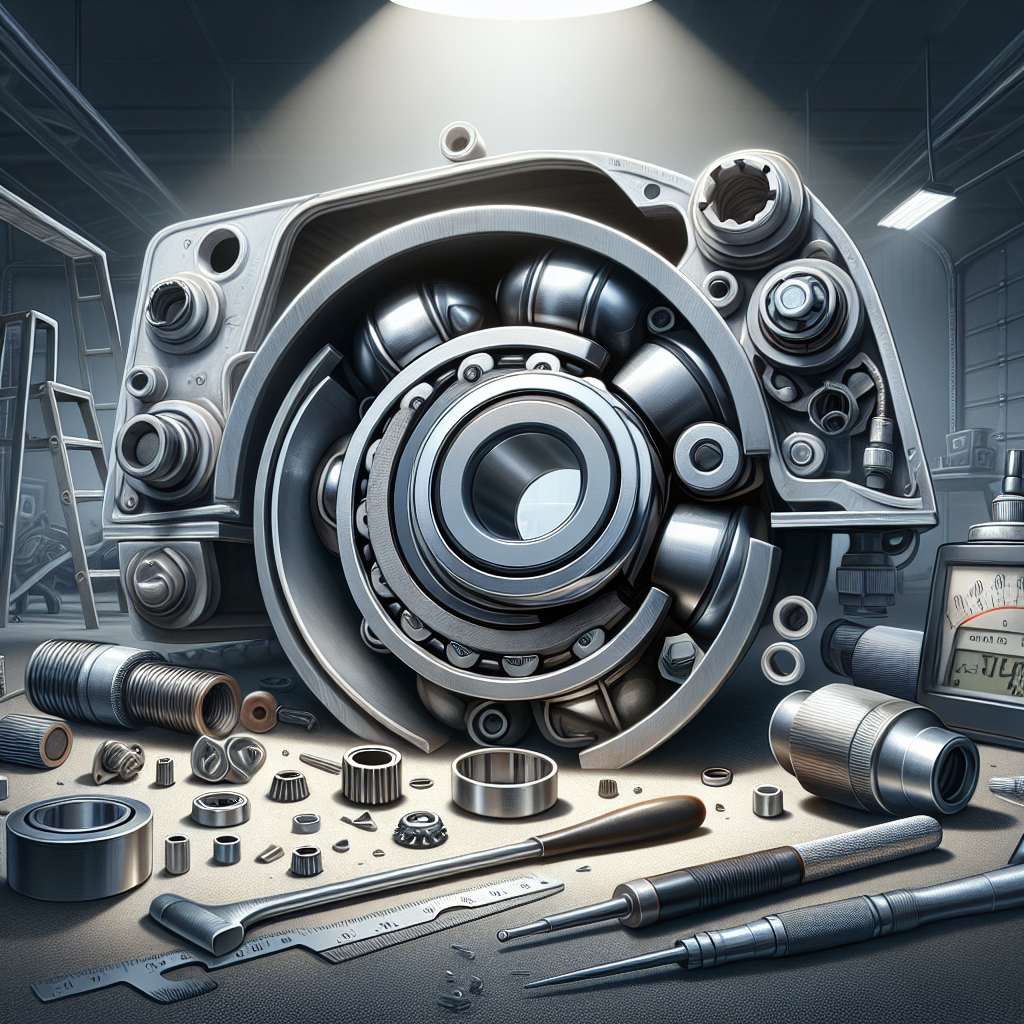When it comes to maintaining the integrity and safety of your trailer, understanding trailer wheel bearing end play is crucial. This term refers to the axial movement of the wheel bearing assembly, which plays a significant role in how your trailer performs on the road. A correct amount of end play ensures that the bearings are not too tight, which can lead to overheating, or too loose, which can cause excessive wear and tear.
Proper end play is essential for several reasons:
- Safety: Excessive end play can lead to wheel separation or brake failure, posing risks not only to the trailer itself but also to other road users.
- Performance: Maintaining the right amount of end play allows for smoother operation of the trailer, which can enhance fuel efficiency and reduce wear on other components.
- Longevity: Regular checks and adjustments of wheel bearing end play can significantly extend the lifespan of your trailer's wheel bearings.
To ensure that your trailer remains safe and efficient, it’s vital to monitor and adjust the wheel bearing end play as part of your regular maintenance routine. Tow with peace of mind, knowing that trailerwatchdog is standing guard.
Understanding the Function of Wheel Bearings
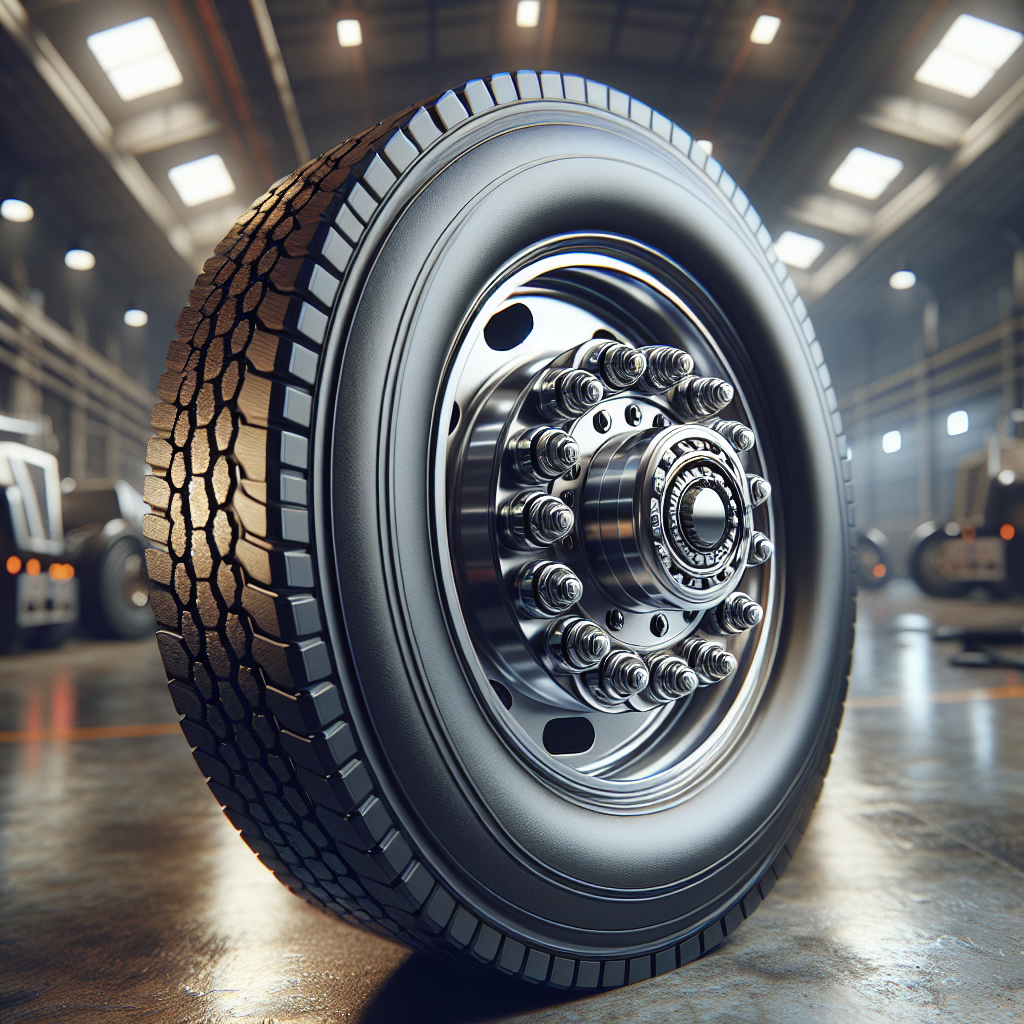
Wheel bearings are essential components of a trailer's wheel assembly, designed to ensure smooth and efficient rotation of the wheels. Their primary function is to support the weight of the trailer while allowing the wheels to turn freely with minimal friction. This is critical not just for performance but also for the longevity of the trailer and its components.
Here are the key functions of wheel bearings:
- Weight Distribution: Wheel bearings bear the load of the trailer, distributing weight evenly across the axle, which helps prevent undue stress and potential damage.
- Friction Reduction: They reduce friction between the wheel and axle, facilitating smooth rotation. This is important for safe handling and fuel efficiency.
- Heat Dissipation: Wheel bearings help dissipate heat generated during operation, which is crucial for maintaining optimal performance and preventing overheating.
Understanding the function of wheel bearings allows trailer owners to recognize the importance of regular maintenance and inspection. Ensuring that wheel bearings are in good condition not only enhances the overall performance of the trailer but also contributes to the safety of the vehicle on the road.
Signs of Improper Wheel Bearing End Play
Recognizing the signs of improper wheel bearing end play is crucial for maintaining trailer safety and performance. End play refers to the axial movement of the wheel hub, which should be minimal. Excessive end play can lead to serious issues, including premature wear and potential failure of the wheel bearings. Here are some common indicators that your trailer may be experiencing improper wheel bearing end play:
- Unusual Noises: A grinding, humming, or rumbling noise coming from the wheel area while driving can indicate that the bearings are worn or improperly adjusted.
- Vibration: If you notice a significant vibration in the trailer while towing, it may be a sign that the wheel bearings are not seated correctly, leading to excess play.
- Excessive Heat: Overheating of the wheel hub can suggest that the bearings are not functioning properly, potentially due to inadequate lubrication or misalignment.
- Uneven Tire Wear: If you observe uneven wear patterns on your trailer tires, it may indicate that the wheel bearings are allowing too much movement, affecting the alignment of the wheels.
Addressing these signs early can prevent catastrophic failures and costly repairs down the line. Regular inspections and maintenance of your trailer's wheel bearings are essential for safe and efficient towing.
Methods to Measure Wheel Bearing End Play
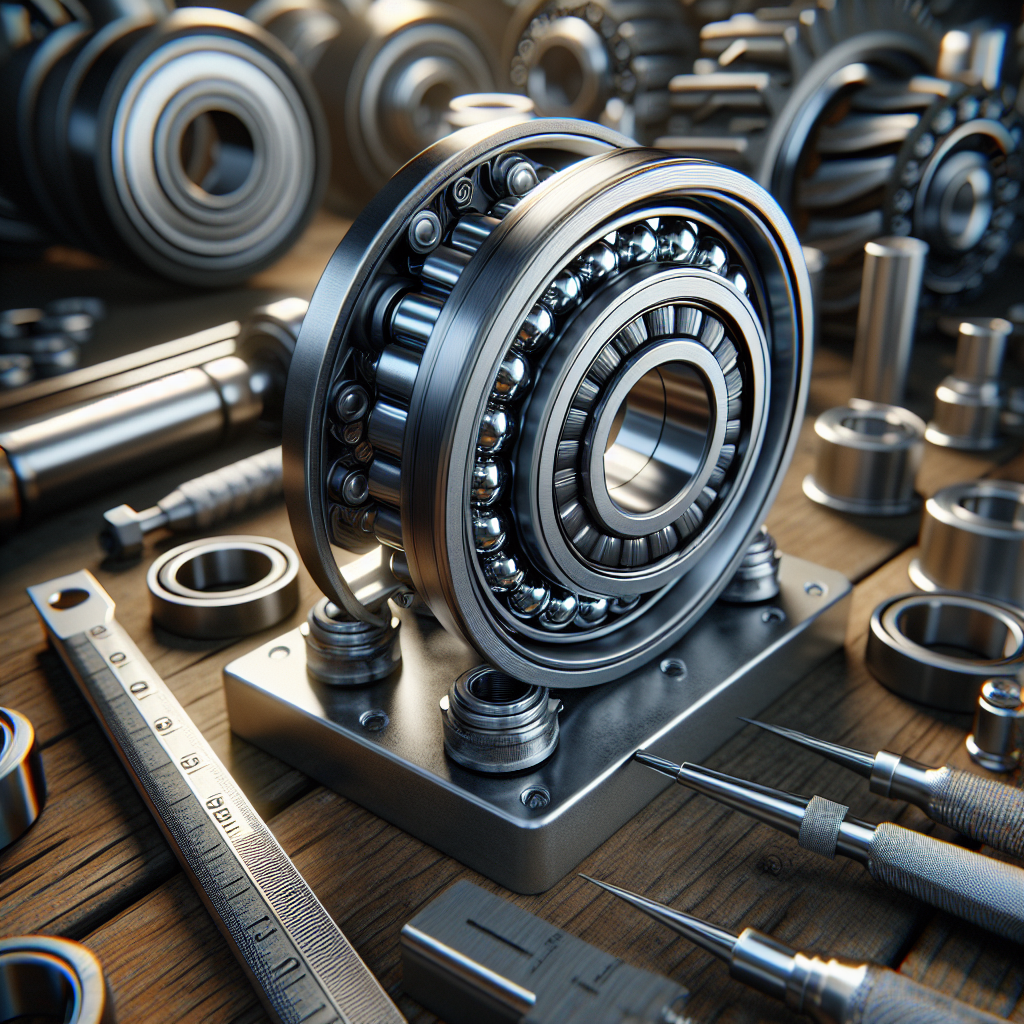
Measuring wheel bearing end play accurately is essential for ensuring proper wheel alignment and overall safety while towing. There are several methods that can be employed to assess the end play in trailer wheel bearings, each providing valuable insights into their condition:
- Dial Indicator Method: This is one of the most precise methods for measuring end play. A dial indicator is mounted to the axle or bearing housing, and the wheel is moved back and forth. The dial gauge will show any movement, indicating the amount of end play.
- Push-Pull Method: This method involves using a pry bar or a similar tool to apply force to the wheel. By pushing and pulling on the wheel, you can feel for any excessive play. While this method is less precise, it can quickly indicate if there are any serious issues.
- Visual Inspection: Although not a direct measurement, visually inspecting the wheel assembly can reveal signs of wear or damage that may correlate with improper end play. Look for abnormal gaps, looseness, or signs of misalignment.
- Torque Wrench Method: When adjusting the bearings, using a torque wrench to measure the resistance when tightening the nut can help establish proper bearing preload, which is crucial for maintaining appropriate end play.
Incorporating these measurement techniques into your maintenance routine will help ensure that your trailer's wheel bearings are functioning optimally, enhancing safety and performance while on the road.
Best Practices for Maintaining Trailer Wheel Bearings
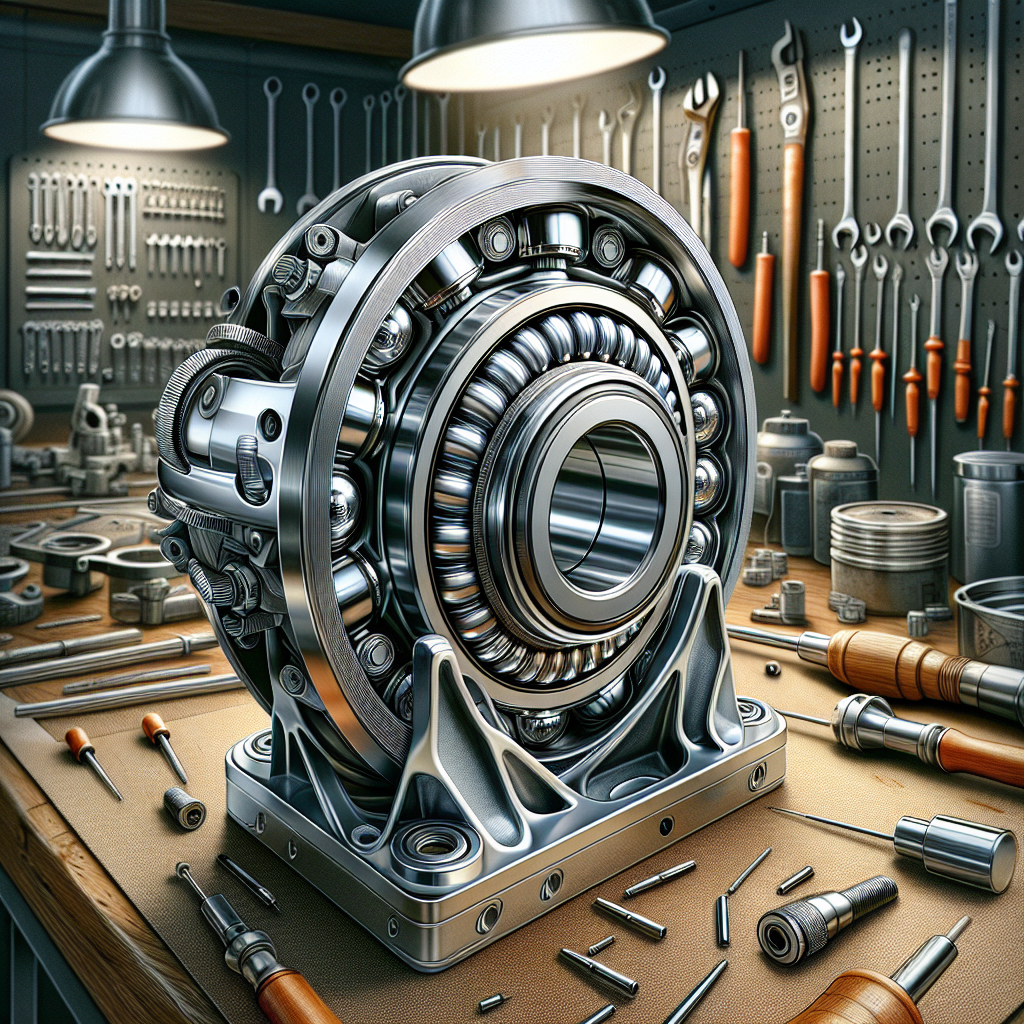
Proper maintenance of trailer wheel bearings is vital for ensuring the longevity and performance of your trailer. By following some best practices, you can prevent premature wear and minimize the risk of catastrophic failure. Here are key strategies to keep your trailer wheel bearings in optimal condition:
- Regular Inspections: Conduct routine checks of the wheel bearings for any signs of wear or damage. Look for unusual noises, excessive heat, or play in the wheel, which can indicate bearing issues.
- Greasing the Bearings: Ensure that the wheel bearings are adequately lubricated. Use high-quality grease recommended for trailer applications, and follow the manufacturer's guidelines for frequency and amount of grease to apply.
- Seal Integrity: Check the bearing seals for any signs of wear or damage. A compromised seal can allow dirt and moisture to enter, leading to corrosion. Replace seals as needed to maintain a protective barrier.
- Proper Installation: When installing or replacing wheel bearings, ensure they are fitted correctly and to the manufacturer's specifications. Misalignment can lead to premature failure.
- Avoid Overloading: Be mindful of your trailer’s weight limits. Overloading can stress the bearings and lead to overheating, accelerating wear and tear.
By implementing these best practices, you can significantly extend the life of your trailer wheel bearings and enhance your overall towing experience.
The Importance of Regular Trailer Maintenance
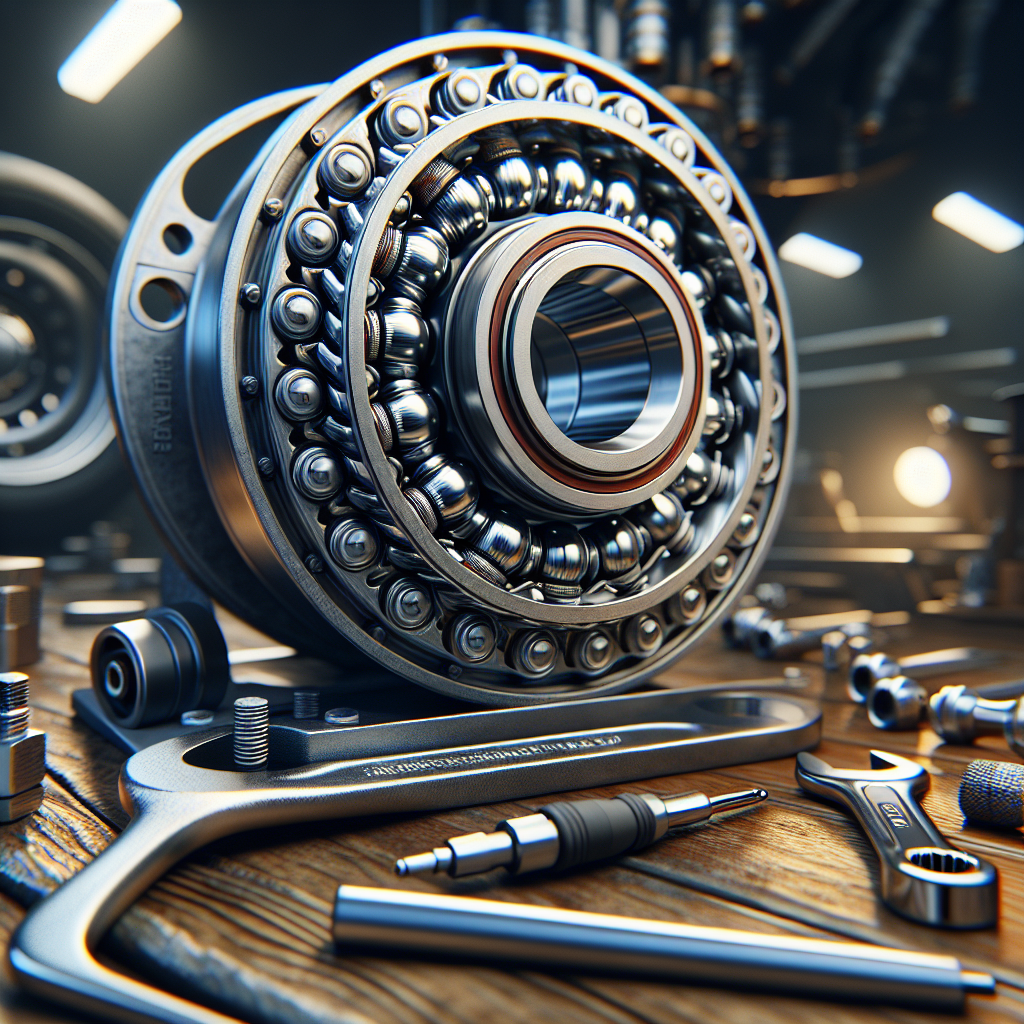
Regular trailer maintenance is not just a good practice; it is essential for ensuring the safety and reliability of your towing experience. Neglecting maintenance can lead to serious issues, including equipment failure, costly repairs, and safety hazards on the road. Here’s why prioritizing regular maintenance is crucial:
- Enhanced Safety: Regular inspections and maintenance help identify potential problems before they escalate. This proactive approach reduces the risk of accidents caused by equipment failure, ensuring a safer towing experience.
- Increased Longevity: Just like any vehicle, trailers benefit from regular care. Routine maintenance can extend the life of crucial components, including wheel bearings, brakes, and tires, saving you money in the long run.
- Improved Performance: A well-maintained trailer performs better, offering smoother towing and reducing wear on your vehicle. This can lead to better fuel efficiency and a more enjoyable journey.
- Legal Compliance: Many regions have regulations regarding trailer maintenance and safety checks. Keeping your trailer in top condition ensures compliance with local laws, helping you avoid fines and legal issues.
Investing time in regular trailer maintenance is a small price to pay for peace of mind. Tow with peace of mind, knowing that trailerwatchdog is standing guard.
